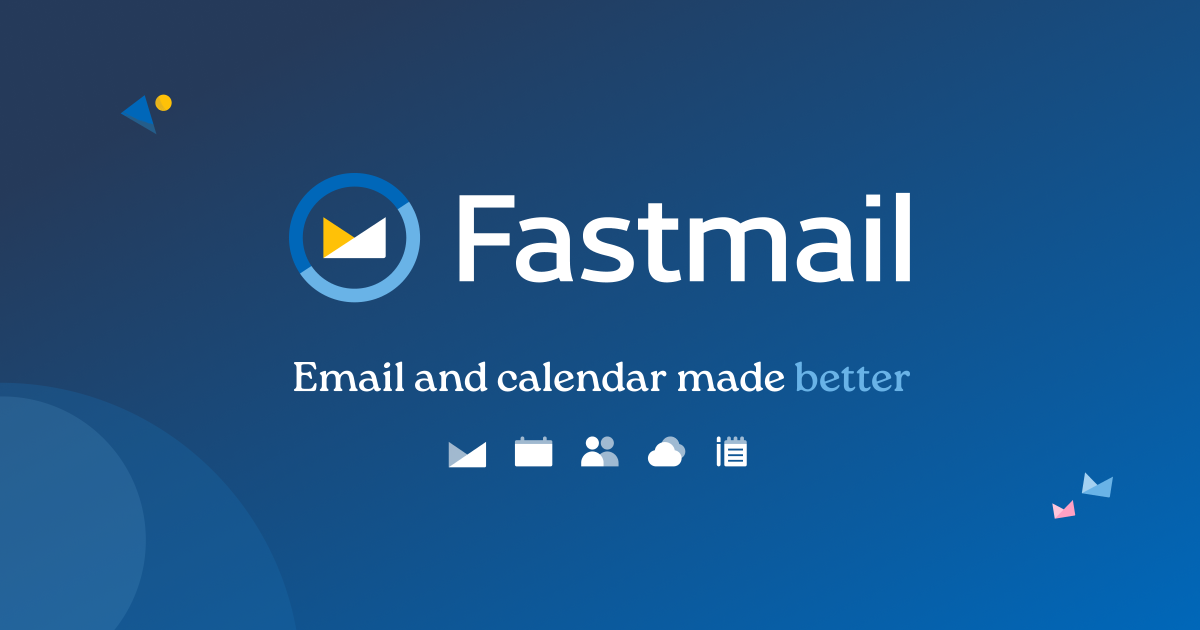Re: Future reuse of code
In article <FTgYa.45171$LD 6.941433@news0. telusplanet.net >, RH wrote:[color=blue]
>[color=green]
>> will decrease in usage over time, not increase. There is absolutely
>> no new serious development being done in either language. In 15
>> years, Pascal will probably be completely dead,[/color]
>
> This isn't quite true. Delphi is OO Pascal, and a very nice language I
> might add (the software engineer also wrote the C# language).
>
> It's taking a back seat to the more popular web-services oriented languages
> but it's still an excellent alternative to C++ and/or Visual Basic. And it
> runs on Linux.[/color]
Use the development version of www.freepascal.org, and you have a fair
chance of compiling non-GUI Delphi code to PPC systems. (Mac OS <any> not
ready yet. AIX<->SYSV abi problems)
In article <FTgYa.45171$LD 6.941433@news0. telusplanet.net >, RH wrote:[color=blue]
>[color=green]
>> will decrease in usage over time, not increase. There is absolutely
>> no new serious development being done in either language. In 15
>> years, Pascal will probably be completely dead,[/color]
>
> This isn't quite true. Delphi is OO Pascal, and a very nice language I
> might add (the software engineer also wrote the C# language).
>
> It's taking a back seat to the more popular web-services oriented languages
> but it's still an excellent alternative to C++ and/or Visual Basic. And it
> runs on Linux.[/color]
Use the development version of www.freepascal.org, and you have a fair
chance of compiling non-GUI Delphi code to PPC systems. (Mac OS <any> not
ready yet. AIX<->SYSV abi problems)




Comment